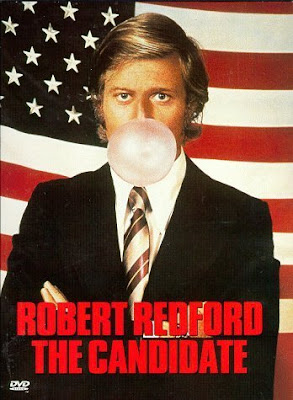
Most of you might recognise his face. Avram Noam Chomsky is an American linguist, philosopher, political activist, author and lecturer. However, he is just not only that. He also is the much necessary critical voice in the country of supposedly endless freedoms.
The below documentary is a lecture by Chomsky on the war on terror delivered at Harvard University in 2002. The script of which you can find here.
If you are in for me Chomsky (he can become repetitive at times), the below documentary (Power And Terror) focuses in greater detail on the 9/11 events.
Plot: Whether Noam Chomsky, the MIT linguist and political philosopher, is the most important intellectual alive, as the New York Times once famously called him, is open for debate. But without a doubt, Chomsky, now 73, is one of the most straight-talking and committed dissidents of our time. A steadfast critic of United States foreign policy for decades, in the aftermath of the terrorist attacks of September 11th, his profile took a quantum leap as he provided much-needed analysis and historical perspective to concerned citizens throughout the world. In the months that followed, he gave dozens of talks on four continents, conducted scores of interviews, and wrote a book 9-11 that was published in 22 countries and became a surprise bestseller in many of them, including Japan. Chomsky's voice may be unpopular, but his incisive arguments, based on decades of research and analysis, are heard and considered in this chronicle comprised of interview footage, and various talks he's given. Chomsky places the terrorist attacks in the context of American foreign intervention throughout the postwar decades--in Vietnam, Central America, the Middle East, and elsewhere. Beginning with the fundamental principle that the exercise of violence against civilian populations is terror, regardless of whether the perpetrator is a well-organized band of Muslim extremists, or the most powerful state in the world. Chomsky, in stark and uncompromising terms, challenges the United States to apply to its own actions the moral standards it demands of others (IMDB).

















